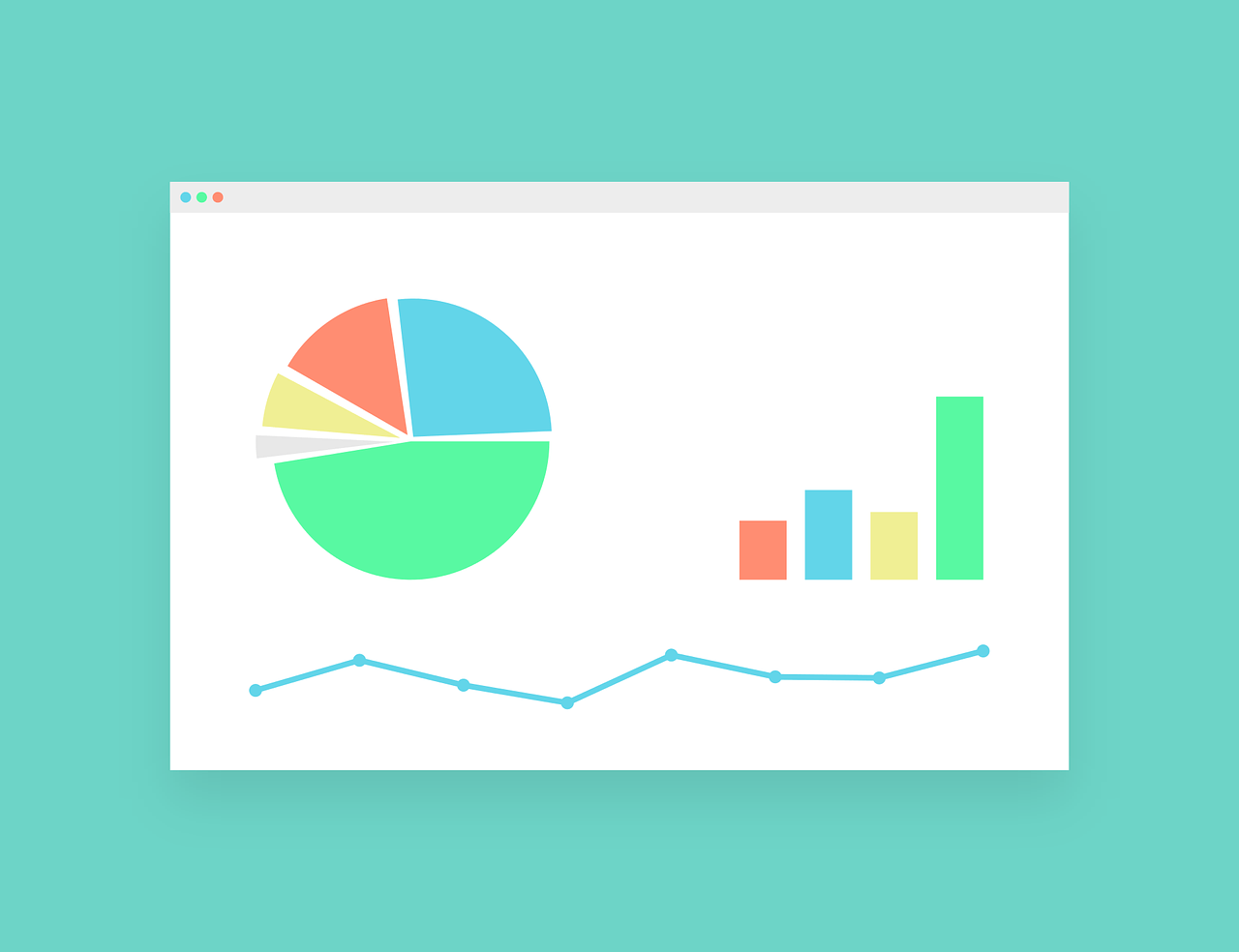Table of Contents
- Introduction
- The Role of AI in Competitive Analysis
- Benefits of a Hands-Off Approach
- Key AI Tools and Technologies for Competitive Analysis
- Challenges and Considerations
- Case Studies
- Future Trends in AI and Competitive Analysis
- Conclusion
Introduction
In today’s fast-paced business world, staying ahead of the competition is crucial for small business owners. Competitive analysis, the process of identifying and evaluating your competitors’ strategies, has traditionally been a time-consuming and labor-intensive task. However, with the advent of artificial intelligence (AI), this critical business function is undergoing a revolutionary transformation.
Competitive analysis involves gathering and analyzing information about your rivals to inform your business strategies. Traditionally, this meant manually tracking competitors’ websites, social media accounts, and industry reports. While effective, these methods often left small business owners overwhelmed and unable to keep up with the constant flow of information.
Enter AI and automation technologies. These cutting-edge tools are changing the game, offering a hands-off approach to competitive analysis that saves time, increases accuracy, and provides deeper insights than ever before. As we explore this topic, you’ll discover how AI can become your silent partner in tracking rivals and staying ahead in your industry.
The Role of AI in Competitive Analysis
Artificial Intelligence plays a pivotal role in modernizing competitive analysis, transforming it from a manual, time-intensive process to an automated, efficient system. Let’s delve into the key areas where AI is making a significant impact:
Data Collection
AI excels at gathering vast amounts of data from various sources quickly and efficiently. Here’s how:
- Web Scraping: AI-powered tools can automatically extract relevant information from competitor websites, including pricing, product features, and customer reviews.
- Social Media Monitoring: AI algorithms can track and analyze competitors’ social media activities, engagement rates, and sentiment analysis.
- News and Press Release Aggregation: AI can collect and categorize news articles and press releases related to your competitors, keeping you informed of their latest moves.
Data Analysis
Once data is collected, AI’s true power shines in its ability to analyze and derive meaningful insights:
- Pattern Recognition: Machine learning algorithms can identify trends and patterns in competitor behavior that might be invisible to the human eye.
- Predictive Analytics: AI can forecast potential competitor actions based on historical data and current market trends.
- Sentiment Analysis: Natural Language Processing (NLP) techniques can gauge public opinion about competitors’ products or services.
Real-Time Monitoring
AI never sleeps, providing continuous monitoring of your competitive landscape:
- Instant Alerts: Set up notifications for significant changes in competitor strategies, pricing, or product launches.
- Dynamic Reporting: Generate up-to-date reports on competitor activities without manual input.
By leveraging AI in these areas, small business owners can gain a comprehensive and always-current view of their competitive landscape, allowing for more informed and timely decision-making.
Benefits of a Hands-Off Approach
Adopting an AI-driven, hands-off approach to competitive analysis offers numerous advantages for small business owners. Let’s explore these benefits in detail:
Time Efficiency
One of the most significant advantages of using AI for competitive analysis is the dramatic reduction in time spent on data gathering and analysis.
- Automated Data Collection: AI tools can continuously collect data 24/7, eliminating the need for manual searches and data entry.
- Instant Insights: Instead of spending hours poring over reports, AI provides real-time insights at your fingertips.
Increased Accuracy
Human error is an inevitable part of manual data collection and analysis. AI minimizes these errors:
- Consistent Data Gathering: AI follows predefined rules consistently, reducing the risk of overlooking important information.
- Unbiased Analysis: AI algorithms analyze data objectively, free from human biases that might skew interpretations.
Enhanced Strategic Decision-Making
With AI handling the heavy lifting of data collection and analysis, small business owners can focus on strategic decision-making:
- Data-Driven Decisions: Make choices based on comprehensive, up-to-date market intelligence.
- Proactive Strategy: Identify market trends early and adjust your strategy before competitors do.
Cost-Effectiveness
While there’s an initial investment in AI tools, the long-term cost savings can be substantial:
- Reduced Labor Costs: Minimize the need for dedicated staff to perform competitive analysis.
- Scalability: AI systems can handle increasing amounts of data without a proportional increase in cost.
By embracing a hands-off approach powered by AI, small business owners can enjoy these benefits while staying focused on core business activities. This efficiency and accuracy in competitive analysis can provide a significant edge in today’s competitive market.

Photo by janjf93
Key AI Tools and Technologies for Competitive Analysis
For small business owners looking to leverage AI for competitive analysis, several powerful tools and technologies are available. Let’s explore some popular options and key features to look for:
Overview of Popular AI Tools
- Crayon:
- Specializes in real-time competitive intelligence
- Tracks changes on competitor websites, social media, and more
- Provides actionable insights through an easy-to-use dashboard
- SimilarWeb:
- Offers detailed website traffic analysis
- Provides insights into competitors’ digital strategies
- Helps identify market trends and opportunities
- SEMrush:
- Comprehensive SEO and digital marketing tool
- Offers competitor keyword analysis and backlink tracking
- Provides content gap analysis to identify opportunities
Features to Look For
When choosing an AI tool for competitive analysis, consider these essential features:
- Data Visualization: Look for tools that present complex data in easy-to-understand charts and graphs.
- Customizable Alerts: Ensure the tool can notify you about specific competitor actions or market changes.
- Integration Capabilities: The ability to integrate with your existing CRM or marketing platforms is crucial for seamless workflow.
- Machine Learning Capabilities: Tools that use machine learning can improve their analysis over time, providing more accurate insights.
- User-Friendly Interface: As a small business owner, you need a tool that’s intuitive and doesn’t require extensive technical knowledge.
Integration with Existing Systems
The true power of AI competitive analysis tools is realized when they’re integrated with your existing business systems:
- CRM Integration: Connect competitive insights directly to your customer relationship management system for a holistic view of your market position.
- Marketing Platform Sync: Align competitive data with your marketing efforts for more targeted campaigns.
- Business Intelligence Tools: Feed competitive insights into your BI tools for comprehensive market analysis.
By carefully selecting and integrating the right AI tools, small business owners can create a powerful competitive analysis ecosystem that provides valuable insights with minimal hands-on effort.
As we explore these AI-driven solutions, it’s worth noting how companies like Sunokrom are revolutionizing this space. Sunokrom‘s AI-driven marketing solutions offer a comprehensive approach to competitive analysis, seamlessly integrating with various business systems.
Their automated social media management and performance analytics features provide real-time insights into competitor activities, allowing small business owners to stay ahead of market trends effortlessly. By leveraging Sunokrom‘s AI capabilities, you can enjoy the benefits of advanced competitive analysis without the need for extensive technical expertise or time investment.
Challenges and Considerations
While AI-driven competitive analysis offers numerous benefits, it’s important for small business owners to be aware of potential challenges and ethical considerations:
Data Privacy and Ethics
As you collect and analyze data about competitors, it’s crucial to stay within legal and ethical boundaries:
- Compliance with Regulations: Ensure your AI tools comply with data protection laws like GDPR and CCPA.
- Ethical Data Collection: Only use publicly available information and avoid any practices that could be considered corporate espionage.
- Transparency: Be open about your data collection methods if asked by customers or competitors.
Dependence on Technology
While AI can significantly streamline competitive analysis, over-reliance on technology can have drawbacks:
- Technical Issues: Be prepared for potential system downtimes or data inaccuracies.
- Data Quality: AI systems are only as good as their data sources. Regular validation is essential.
- Need for Human Oversight: AI should augment, not replace, human decision-making in competitive analysis.
Cost Considerations
While AI tools can be cost-effective long-term, small businesses should consider:
- Initial Investment: Quality AI tools often require significant upfront costs.
- Ongoing Subscription Fees: Most AI platforms operate on subscription models
- Training and Implementation: Factor in costs for staff training and system setup.
Conclusion
Artificial intelligence is transforming competitive analysis into a streamlined and highly effective process. Companies like Sunokrom are leading this revolution by offering advanced AI-driven tools that simplify data collection, analysis, and reporting.
With features such as real-time competitor tracking, automated social media insights, and seamless integration with business systems, Sunokrom empowers small business owners to make informed, strategic decisions with minimal effort.
While challenges such as ethical considerations, technology reliance, and initial costs must be addressed, the benefits far outweigh the obstacles. By adopting solutions like Sunokrom, businesses can save time, enhance decision-making accuracy, and maintain a competitive edge in a dynamic market, ensuring long-term growth and adaptability.


0 Comments